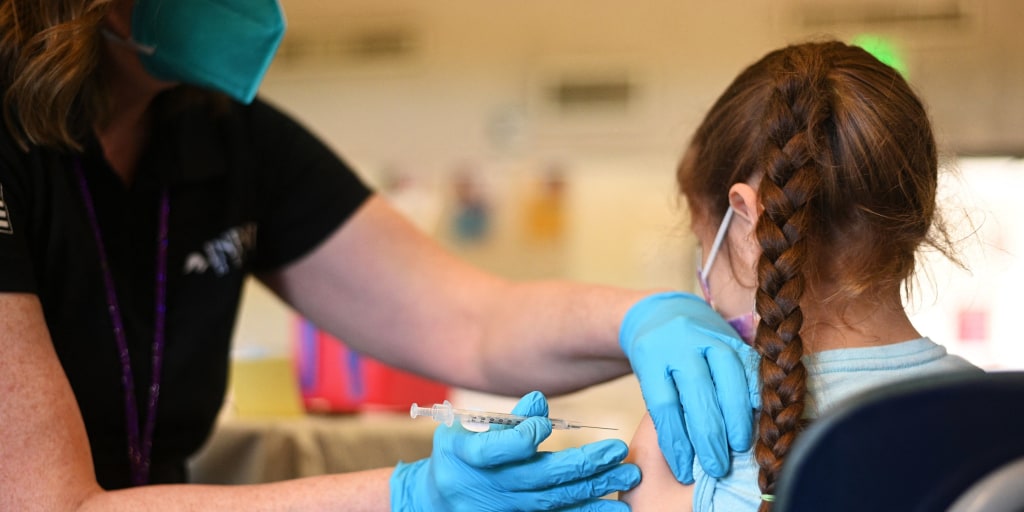Vaccine Confidence in Crisis: Kennedy's Campaign Threatens Childhood Immunization Landscape

In a move that has sent shockwaves through the public health community, the Department of Health and Human Services has slashed $2 billion from a critical vaccine support program, triggering a cascade of devastating consequences for vulnerable children across the nation.
The dramatic budget cut has forced local public health departments into an impossible situation, compelling them to make heart-wrenching decisions that directly impact child health and community protection. Facing severe financial constraints, these departments have been left with no choice but to reduce staff and cancel vital vaccination clinics.
This funding reduction threatens to undermine years of progress in childhood immunization, potentially leaving thousands of children at risk of preventable diseases. The ripple effects of this decision could compromise community health, increase healthcare costs, and create long-term public health challenges.
Health experts and community leaders are urgently calling for immediate intervention to restore funding and protect the most vulnerable populations. The cuts not only jeopardize individual child health but also risk weakening the broader community's immunization safety net.
